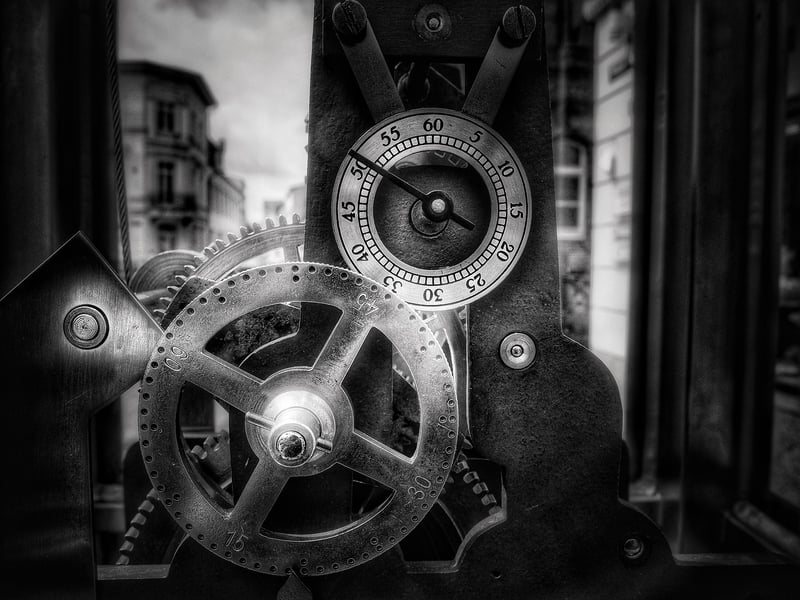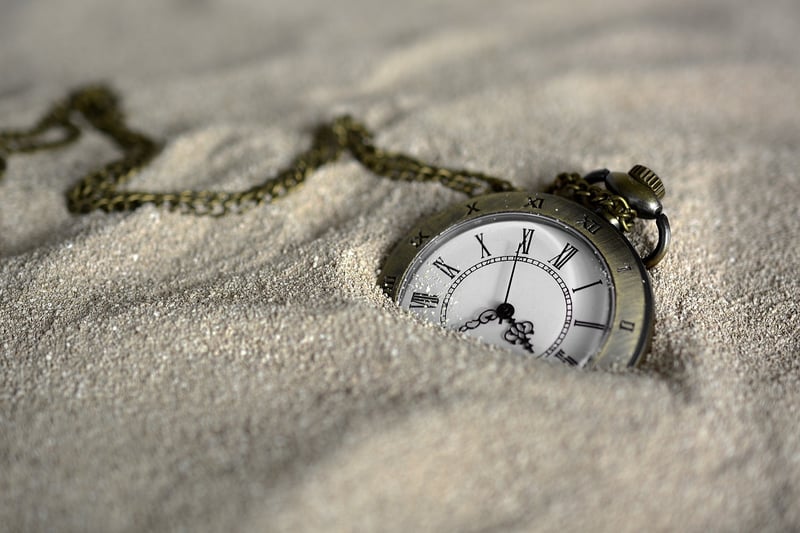Time Travel Regulations
Ethical Considerations in Time Travel
Time travel has long captured the imagination of scientists, writers, and dreamers alike. The ability to traverse through time and visit different eras raises profound ethical questions that must be carefully considered. From altering historical events to the implications of changing one's past, time travel introduces a myriad of ethical dilemmas that require thoughtful reflection.
1. Altering the Course of History
One of the most significant ethical considerations in time travel is the potential to alter the course of history. A seemingly minor change in the past could have far-reaching consequences on the present and future. Ethicists debate whether individuals should intervene in historical events or adhere to a policy of non-interference to preserve the integrity of the timeline.
2. Paradoxes and Causality
Time travel raises questions about causality and the possibility of paradoxes. The concept of traveling back in time and inadvertently changing the future raises the issue of paradoxes, such as the grandfather paradox, where one could prevent their own existence by altering the past. Ethicists ponder the implications of such paradoxes and how they may impact the fabric of reality.
3. Respect for Cultures and Societies
When traveling to different time periods, individuals must respect the cultures and societies of the era they visit. Interfering with historical events or imposing modern values on the past can lead to unintended consequences and ethical conflicts. Ethicists emphasize the importance of cultural sensitivity and understanding when engaging with different time periods.
Time Travel Regulations
1. Regulatory Bodies and Oversight
In a hypothetical scenario where time travel becomes a reality, regulatory bodies and oversight mechanisms would be essential to govern its use. These bodies would establish guidelines and regulations to ensure responsible time travel practices and prevent misuse of this technology.
2. Temporal Conservation Zones
Temporal conservation zones could be designated to protect key historical events and prevent unauthorized interference. These zones would be off-limits to time travelers to safeguard the integrity of significant moments in history and minimize the risk of altering the timeline.
3. Ethical Training and Education
Time travelers would undergo rigorous ethical training and education to prepare them for the challenges of navigating different time periods. Understanding the implications of their actions and the ethical considerations involved would be crucial to ensuring responsible time travel behavior.

Time travel, while a fascinating concept, presents complex ethical considerations that require careful thought and consideration. By addressing these ethical dilemmas and implementing robust regulations, the potential risks of time travel can be mitigated, allowing for a more responsible exploration of the past and future.
